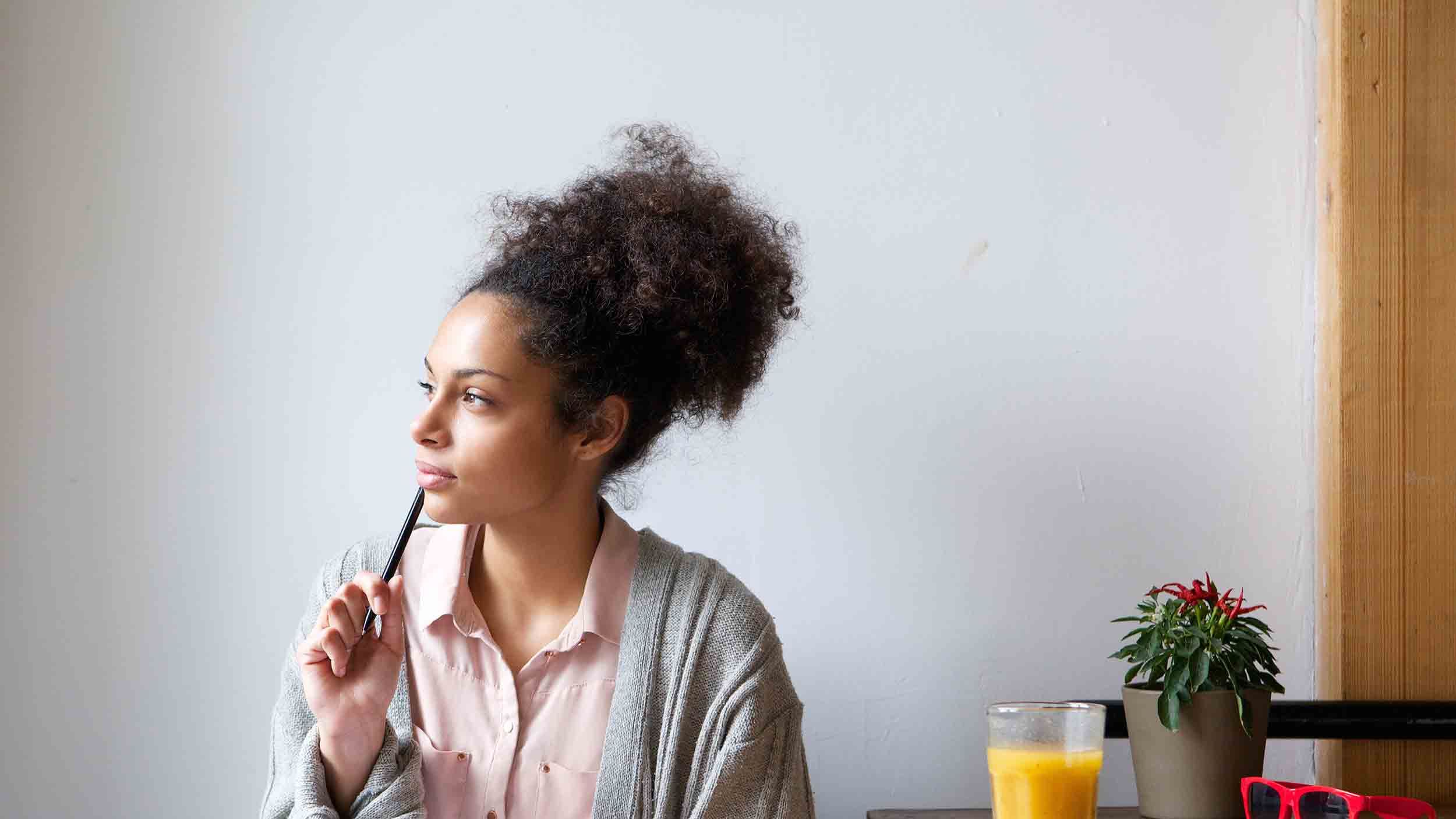How to Keep Curiosity Alive
Our resident psychiatrist on the importance of asking the right questions... and asking more of them.

We are born curious. From birth, babies want to explore their surroundings. The entire industry of baby-proofing grows out of their inborn need to touch, see, taste, and experience the world around them. As children’s senses and capabilities develop, their sense of wonder expands too. They venture into the unknown with great interest and an unbridled desire to know more.
But as adults, many of us lose this sense of discovery. We get so busy looking for answers, we forget to ask questions out of fear of the unknown or because we don’t want to disrupt our routine or because we are just too busy dealing with our daily lives. Playing it safe prevents us from being overwhelmed and creates a predictable environment, but it doesn’t foster the discovery of new things or build the skills of resilience that challenges teach us.
By avoiding situations that provoke anxiety, we may be protecting ourselves from discomfort, but we are also missing out on a key aspect of vitality: the joy of learning. According to a Gallup survey, learning something new was one of the strongest influences on how much enjoyment a person experienced on a given day.
What is the best way to keep curiosity alive? Make it a habit to ask more questions in your everyday life. Two of my favorites are inspired by Dean James Ryan’s 2016 commencement speech at the Harvard Graduate School of Education:
1. “Wait, what?” When you ask this question, you are expressing interest and a desire to learn more. This question is essential for understanding and clarification. It’s about taking the time to carefully consider what you are doing before making up your mind.
2. “I wonder if/why …” This form of inquiry keeps you curious about why things are as they are and exploring different possibilities and scenarios. It enables you to think differently and see a problem with fresh eyes.
The best questions help us rethink what we already know and not take “what is” for granted. As the old saying goes, “Millions saw the apple fall, but Newton asked why.”
Get exclusive access to fashion and beauty trends, hot-off-the-press celebrity news, and more.
This story originally appeared in the June 2019 issue of Marie Claire.
MORE FROM SAMANTHA BOARDMAN

